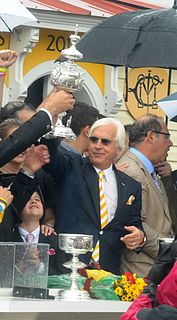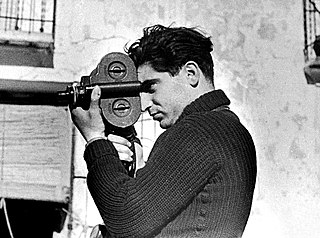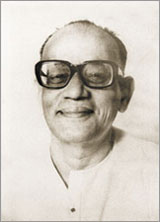A Quote by Ralph Waldo Emerson
I like my boy with his endless sweet soliloquies and iterations and his utter inability to conceive why I should not leave all my nonsense, business, and writing and come to tie up his toy horse, as if there was or could be any end to nature beyond his horse. And he is wiser than we when [he] threatens his whole threat "I will not love you."
Related Quotes
Well could he ride, and often men would say, "That horse his mettle from his rider takes: Proud of subjection, noble by the sway, What rounds, what bounds, what course, what stop he makes!" And controversy hence a question takes, Whether the horse by him became his deed, Or he his manage by the well-doing steed.
If idioms are more to be born than to be selected, then the things of life and human nature that a man has grown up with--(not that one man's experience is better than another's, but that it is 'his.')--may give him something better in his substance and manner than an over-long period of superimposed idiomatic education which quite likely doesn't fit his constitution. My father used to say, 'If a poet knows more about a horse than he does about heaven, he might better stick to the horse, and some day the horse may carry him into heaven'
. . . Newton was an unquestioning believer in an all-wise creator of the universe, and in his own inability - like the boy on the seashore - to fathom the entire ocean in all its depths. He therefore believed that there were not only many things in heaven beyond his philosophy, but plenty on earth as well, and he made it his business to understand for himself what the majority of intelligent men of his time accepted without dispute (to them it was as natural as common sense) - the traditional account of the creation.
When Christ was about to leave the world, He made His will. His soul He committed to His father; His body He bequeathed to Joseph to be decently interred; His clothes fell to the soldiers; His mother He left to the care of John; but what should He leave to His poor disciples that had left all for Him? Silver and gold He had none; but He left them that which was infinitely better, His peace.
We commend a horse for his strength, and sureness of foot, and not for his rich caparisons; a greyhound for his share of heels, not for his fine collar; a hawk for her wing, not for her jesses and bells. Why, in like manner, do we not value a man for what is properly his own? He has a great train, a beautiful palace, so much credit, so many thousand pounds a year, and all these are about him, but not in him.
No one accuses the Gunner of maudlin affection for anything except his beasts and his weapons. He hasn't the time. He serves at least three jealous gods—his horse and all its saddlery and harness; his gun, whose least detail of efficiency is more important than men's lives; and, when these have been attended to, the never-ending mystery of his art commands him.
None of the modes by which a magistrate is appointed, popular election, the accident of the lot, or the accident of birth, affords, as far as we can perceive, much security for his being wiser than any of his neighbours. The chance of his being wiser than all his neighbours together is still smaller.
If we come to sleep we are His drowsy ones And if we come to wake we are in His hands If we come to weeping we are His cloud full of raindrops And if we come to laughing we are His lightning in that moment If we come to anger and battle it is the reflection of His wrath And if we come to peace and pardon it is the reflection of His love Who are we in this complicated world?
In any given moment, a man's growth is optimized if he leans just beyond his edge, his capacity, his fear. He should not be too lazy, happily stagnating in the zone of security and comfort. Nor should he push far beyond his edge, stressing himself unnecessarily, unable to metabolize his experience. He should lean just slightly beyond the edge of fear and discomfort. Constantly. In everything he does.









































